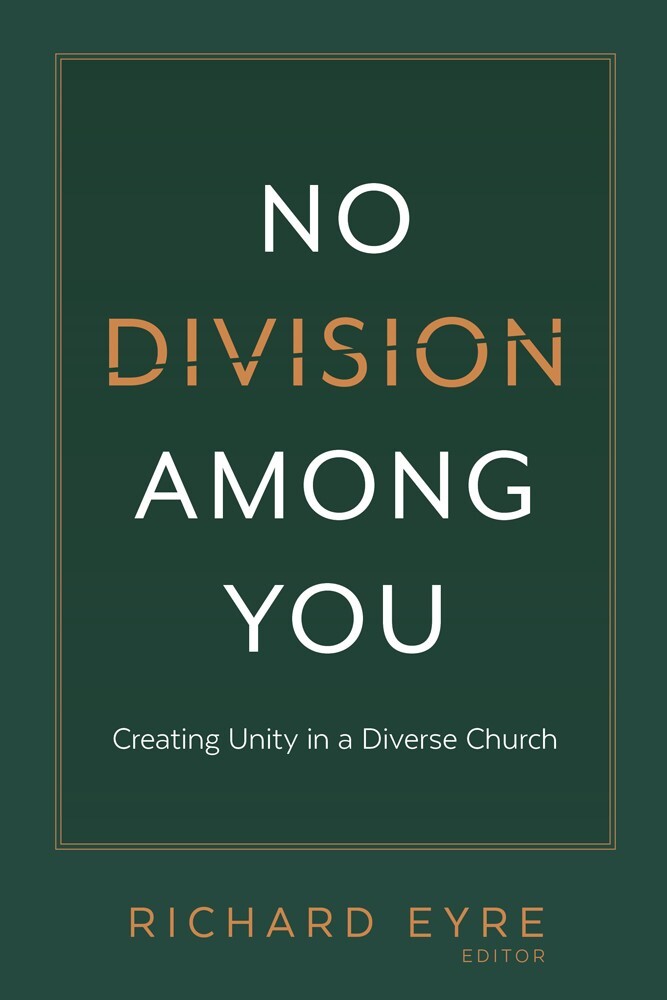
Church members, we have a problem.
It is a problem that centers in the United States and may be at its worst in areas where Church membership is most concentrated. It is a rapidly growing problem that was highlighted and exacerbated by the pandemic. It is a contagious, even malignant problem because it feeds on and multiplies itself. It is a personal problem that affects our outlooks, our attitudes, and our mental health. It is an institutional problem that weakens and undermines our wards and stakes. And it is a spiritual problem that can slow the work of God and threaten to impede His eternal plan of happiness.
It is the problem of division, and of the discord, dissension, dismissal, and disrespect that come with it.
It is a UNITY problem.
The real problem is that few of us think we are part of this problem. We tell ourselves that we are broad-minded and able to listen to and accept the differences and preferences of other people without judging them. But at this point, in the Church, much of the division, discord, and tribalism, and the judging that comes with it, is inbred and systemic.
Disagreement is not the problem. It is the judgment, the categorizing and stereotyping, and the wall-building that goes with it that turns differences into destructive divisions and dissension. Not agreeing with a person does not disrespect him or her, but dismissing that person certainly does. The moment we dismiss others—because of their opinion, their race, their sexual preference, their religion, their politics, their party, their education, their news source, their vaccination or lack thereof, their accent, their “activity” in the Church, their “faith crisis,” their podcast preferences, their mask-wearing, their “conservative” or “liberal” gospel or scripture interpretations, the appearance or behavior of their children, etc., etc., etc.—we have not only disrespected them; we have judged them and separated ourselves from them, essentially rejecting them, and thus limiting or eliminating what we could do for them, what they could do for us, and what we could do together.
The other irony is that our glorious belief-paradigm of heavenly parents should cause something within each of us that goes beyond tolerance and acceptance and moves us toward the ultimate unity of literal premortal and ongoing brotherhood and sisterhood.
Yet somehow, someone’s yard sign or skin color or vaccination status or sexual orientation seems to supersede spiritual siblinghood.
But it doesn’t have to be this way. Few if any of us have consciously or deliberately made choices of division or dissension or dismissal. We slip into it. We become, subconsciously, part of a certain group, or “-ite” mindset, and within that echo chamber, whatever it is, we feel more comfortable than elsewhere, and our natural assumption that we are right projects “wrongness” onto those who don’t match.
But the hope is that, since it comes about subconsciously, we can correct it consciously, although it may first require admitting that we are part of the problem.
[The word] collaborate, is one way to think about the solution to the problem. Can we view those with whom we disagree not as enemies or opponents or problems, but as additional perspectives, as our spiritual siblings with different experiences than our own, as collaborators in putting together our gospel puzzle and using it to help the world?
Curious for more? Check out additional quotes from No Division Among You below or order the book and learn how you can start fostering unity in your community today.
No Division Among You: Creating Unity in a Diverse Church by Richard Eyre
As a people, we often fall short of the admonitions of the Lord and His servants to avoid contention and to earnestly seek unity—even oneness. Christ Himself was blunt in stating, “He that hath the spirit of contention is not of me, but is of the devil, who is the father of contention” (3 Nephi 11:29). His rebuke in our modern dispensation makes it clear that still we have not reached unity: “Cease to contend one with another” (D&C 136:23).
How can we achieve unity when we come from such a broad range of experiences, perspectives, and unique traits? In this collection of essays, you will learn how fourteen faithful and diverse thinkers address the problem of unity and division in the Church. Some of the essays focus on examining the issue, while others suggest possible solutions. All, however, invite us to view those with whom we disagree not as enemies or problems, but as additional perspectives and as our spiritual siblings. They remind us that in celebrating diversity and working for unity within diversity, we mirror the mind of God. Only through such efforts will we truly be able to live according to the words of Paul: “Be like-minded, having the same love, being of one accord, of one mind” (Philippians 2:2).

